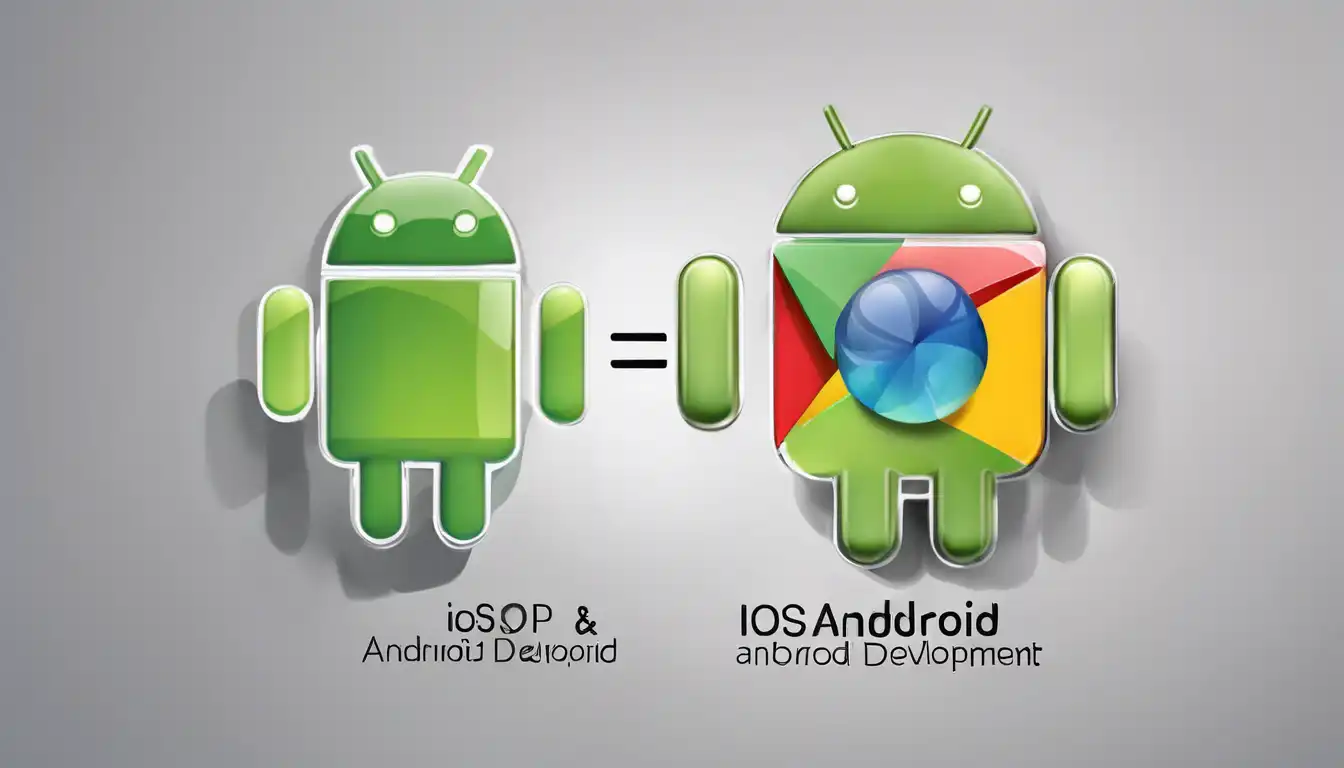Introduction to iOS and Android Development
When it comes to mobile app development, iOS and Android stand out as the two dominant platforms. Each has its unique ecosystem, development tools, and programming languages, making the choice between them crucial for developers and businesses alike. This article delves into the key differences between iOS and Android development, helping you make an informed decision for your next project.
Development Languages
One of the most significant differences between iOS and Android development is the programming language used. iOS apps are primarily developed using Swift or Objective-C, while Android apps are built with Java or Kotlin. Swift and Kotlin are both modern languages designed to be more intuitive and safer than their predecessors, offering a smoother development experience.
Development Environments
iOS developers use Xcode, Apple's integrated development environment (IDE), which is available only on macOS. Android developers, on the other hand, use Android Studio, which is compatible with Windows, macOS, and Linux. This difference can influence your choice of platform based on the hardware you have available.
Market Share and Monetization
Android holds a larger global market share, making it an attractive option for reaching a wider audience. However, iOS users tend to spend more on apps and in-app purchases, offering higher revenue potential for developers. Understanding your target audience's preferences is key to choosing the right platform.
Fragmentation vs. Uniformity
Android's open nature leads to a wide variety of devices and operating system versions, creating challenges in ensuring app compatibility. iOS, with its limited range of devices and quicker adoption of new versions, offers a more uniform development environment. This can reduce testing time and complexity for iOS apps.
App Approval Process
The App Store is known for its stringent review process, which can delay app launches but ensures higher quality and security. The Google Play Store has a more lenient approval process, allowing for quicker releases but potentially lower quality control.
Conclusion
Choosing between iOS and Android development depends on various factors, including your target audience, development resources, and monetization goals. Both platforms offer unique advantages and challenges, making it essential to weigh these differences carefully. For more insights into mobile development, check out our guide on mobile development trends.
